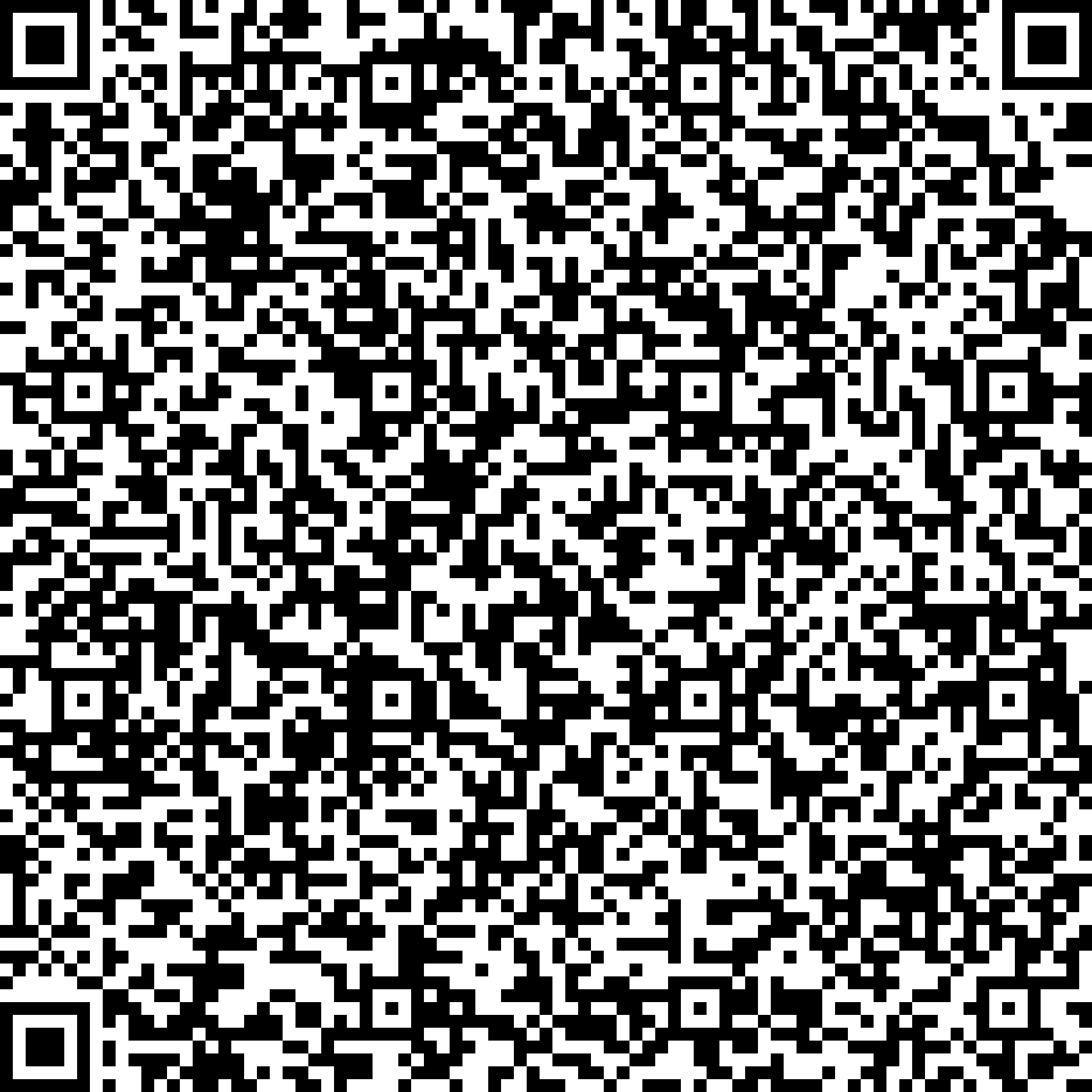

We examine the possibility of coherence stabilization of qubits, weakly coupled to a bath, by the application of periodic driving. For the description of the qubit dynamics we derive a master equation, which makes use of the periodicity of the driving force. The so-called Floquet-Born-Markov master equation is valid for frequencies much larger than the inverse of the typical qubit evolution and allows us to determine the decoherence rates of the qubit system, under the influence of the driving. As a first example we consider a single qubit under the influence of bit-flip noise in two types of external harmonic driving fields (i) one that commutes with the qubit-bath coupling Hamiltonian, in the coherent destruction of tunnelling regime, and (ii) one that anticommutes with the qubit-bath coupling Hamiltonian, which dynamically decouples the qubit from the noise source. As a second example we consider two qubits performing a CNOT gate operation using the Heisenberg exchange interaction, with a decoherence source which couples to one spin component of the qubits. We show that the influence of a high-frequency field leads to coherence stabilized gate operation in the regime of low temperatures.
[1] K. M. Fonseca Romero, S. Kohler, and P. Hänggi, arxiv: quant-ph/0307136, Chem. Phys. (in press).


We examine the possibility of coherence stabilization of qubits, weakly coupled to a bath, by the application of periodic driving. For the description of the qubit dynamics we derive a master equation, which makes use of the periodicity of the driving force. The so-called Floquet-Born-Markov master equation is valid for frequencies much larger than the inverse of the typical qubit evolution and allows us to determine the decoherence rates of the qubit system, under the influence of the driving. As a first example we consider a single qubit under the influence of bit-flip noise in two types of external harmonic driving fields (i) one that commutes with the qubit-bath coupling Hamiltonian, in the coherent destruction of tunnelling regime, and (ii) one that anticommutes with the qubit-bath coupling Hamiltonian, which dynamically decouples the qubit from the noise source. As a second example we consider two qubits performing a CNOT gate operation using the Heisenberg exchange interaction, with a decoherence source which couples to one spin component of the qubits. We show that the influence of a high-frequency field leads to coherence stabilized gate operation in the regime of low temperatures.
[1] K. M. Fonseca Romero, S. Kohler, and P. Hänggi, arxiv: quant-ph/0307136, Chem. Phys. (in press).